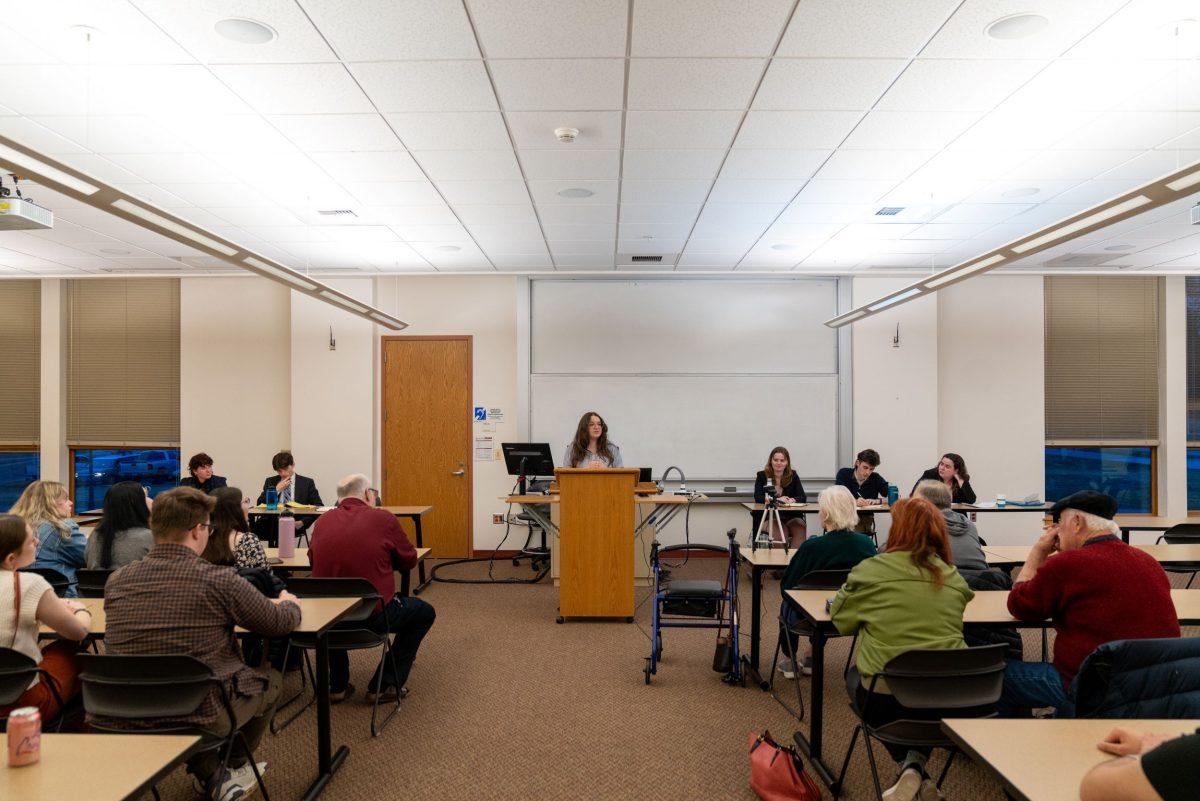by Heather Kennison
Not only are social media rampant in the social lives of most college students, but now they are becoming more common in classrooms as well. At Whitworth University, several professors have been using social media as aids to the learning experience.
Professor of English Doug Sugano has taught at Whitworth for 23 years, but over the past few years has required students in his literature classes to post one blog entry per week.
“What happens inside the classroom should be a small part,” Sugano said. “Blogging is a way that classmates can communicate outside of class.”
Sugano said blogs have three functions to enhance learning: connect students outside of class; connect them with other media, literature and art; and to help them do extra credit assignments.
“It seems like a more natural thing for them to do than just turn in a page,” Sugano said.
Sugano isn’t the only professor making use of this medium. Associate professor of French Jennifer Brown, who also maintains her own personal blog, started incorporating blogging into her classroom in the 2007-08 school year.
“My thoughts about technology in the class is that it’s only useful if it makes what you were already doing better than how you were already doing it,” Brown said.
In her experience, blogging has been a good way to replace what was already happening in the classroom.
The March 2010 issue of School Science and Mathematics featured a study called “Capitalizing on Emerging Technologies: A Case Study of Classroom Blogging.” During the case study of a mathematics teacher who used blogging in the classroom, findings indicated that both students and teachers perceived the greater investment to be worthwhile.
The researchers, Robyn MacBride from Greece Arcadia High School and April Lynn Luehmann of the University of Rochester, concluded: “Classroom blogging afforded Mr. K. and his students opportunities to bring together and capitalize on the merging of mathematical literacies with student’s media literacies in a number of powerful ways.”
Brown said her students have been able to practice their writing in French without so much pressure, especially since Brown does not grade them on grammar.
Blogging is just one way in which professors can capitalize on students’ cultural literacy. Professor of marketing Brad Sago requires students to follow his Twitter feed. Sago posts links to articles relating to real-world scenarios in marketing.
“It’s nothing magical, but using social media helps students see these things are actually happening,” Sago said.
Every class period, two students present articles linked in Sago’s Twitter feed in class and draw the marketing aspects out of them.
Social media can also be helpful to students doing group projects.
“There is a lot of encouragement for students to do group projects,” Brown said. “I think blogging is an immediate, personal way to do this.”
On the other hand, Sugano who said he is always looking for different ways to look at material outside of class, will use Wikis next semester. Wikis are indexes of information where content can be communally accessed and added to. The idea is to give students a project where they can bring anything into it but make it more structured, Sugano said.
Whether through group projects, presentations or individual blog posts, educators are finding ways in which they can bridge the gap between social media and the classroom.
“It’s another place for students to make applications to what’s out there,” Sugano said.






